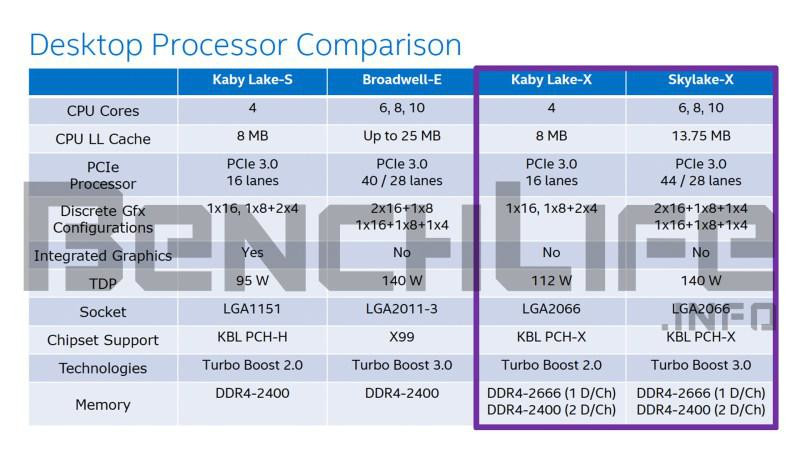I agree for the most part, although I'd like to add a few points from my opinion:
The server market is almost completely seperate from the consumer market. Even if it was Intel and AMD's market share on consumer devices were flipped, it wouldn't mean it would happen on the server market because of this. Enterprise is much more focused on end-goal like the performance in a specific application or certain workload, reliability, total cost of ownership and driver support.
The OEM consumer business is of significant importance for volume and turn-over, reputation will dictate what consumers want to buy. While many don't or won't care (people who have been working in retail will support this), Intel has a very strong reputation and brand loyalty. This also means that people who aren't tech-savvy will most likely hear "don't buy AMD" before they hear "an SSD is much more relevant to general use than a faster CPU".
This has translated over the course that AMD is mostly put in value products at the bottom of the PC and laptop world, because people buying those generally don't care about these things. Even if HP's deal with AMD is supposed to feature AMD CPUs in every price segment, this doesn't automatically mean people will just buy these. The console deal was a big win for AMD as it allowed them to severely increase their turn-over and to bring AMD technology in a lot more homes. But it didn't really increase their desktop reputation. Even when that reputation was solid amongst tech-savvy people, like in the day of the AMD Athlon XP and Athlon 64 X2, it was still a far cry from Intel's slab of concrete that is their brand loyalty, to most consumers.

